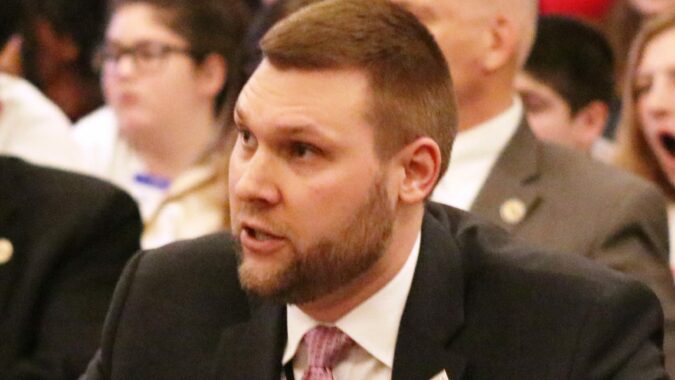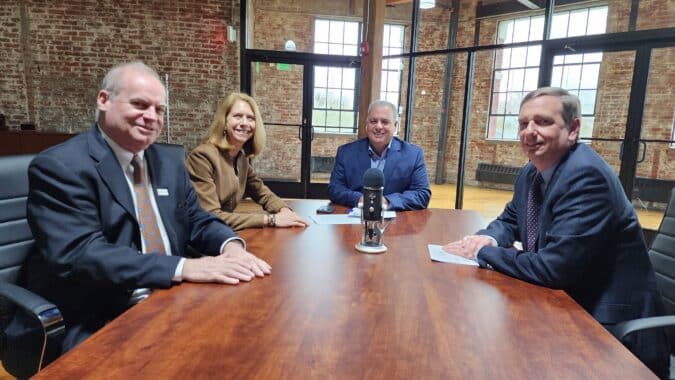New Jersey faces the potential reality that it may soon not have economic development tax incentive programs to attract and retain companies and the private sector jobs they create.
The existing programs expire at the end of this month, and the Legislature and Gov. Phil Murphy have not come to an agreement on what should take their place.
Yesterday, the Assembly Commerce and Economic Development Committee voted to extend New Jersey’s main incentive programs—the Economic Redevelopment & Growth (ERG) Grant and the Grow NJ Assistance Program—by seven months. The idea is to keep the existing programs in place until a more permanent solution can be found.
The Murphy administration yesterday suggested it would veto the extension. An administration spokesman told Politico, “These incentive programs are unsustainable and indefensible.” (Read more here. Subscription may be required.)
NJBIA testified in favor of the extension, as it provides additional time for policymakers to debate the details of new programs without the added pressure of a constitutional budget deadline looming at the same time. Moreover, absent this extension, New Jersey’s economy is at risk for continued job growth, which our policymakers want and our state needs.
“Without robust tax incentive programs New Jersey would struggle to compete in attraction and retention of businesses, jobs, and capital investment,” NJBIA Vice President Andrew Musick told the Assembly Commerce & Economic Development Committee in his testimony. “Ultimately, these investments create additional employment opportunities for residents, who, in turn, support a healthy, growing economy. It should be our goal as a state to become a regional, national, and world leader in retention and attraction of business.”
For his part, Murphy is looking for a new set of incentive programs. They are:
- NJ Forward, a jobs-based program to provide credits for companies engaged in high-growth industries and locating headquarters;
- NJ Aspire, a place-based gap financing program to catalyze investments in commercial, residential, and mixed-use projects;.
- Brownfields Redevelopment Program, using EDA’s Brownfields Loan Program to catalyze more remediation projects and increase job creation;
- Historic Preservation Tax Credit Program to reimburse developers who revitalize income-producing historic buildings; and
- Innovation Evergreen Fund to supercharge venture capital investment into startups.


